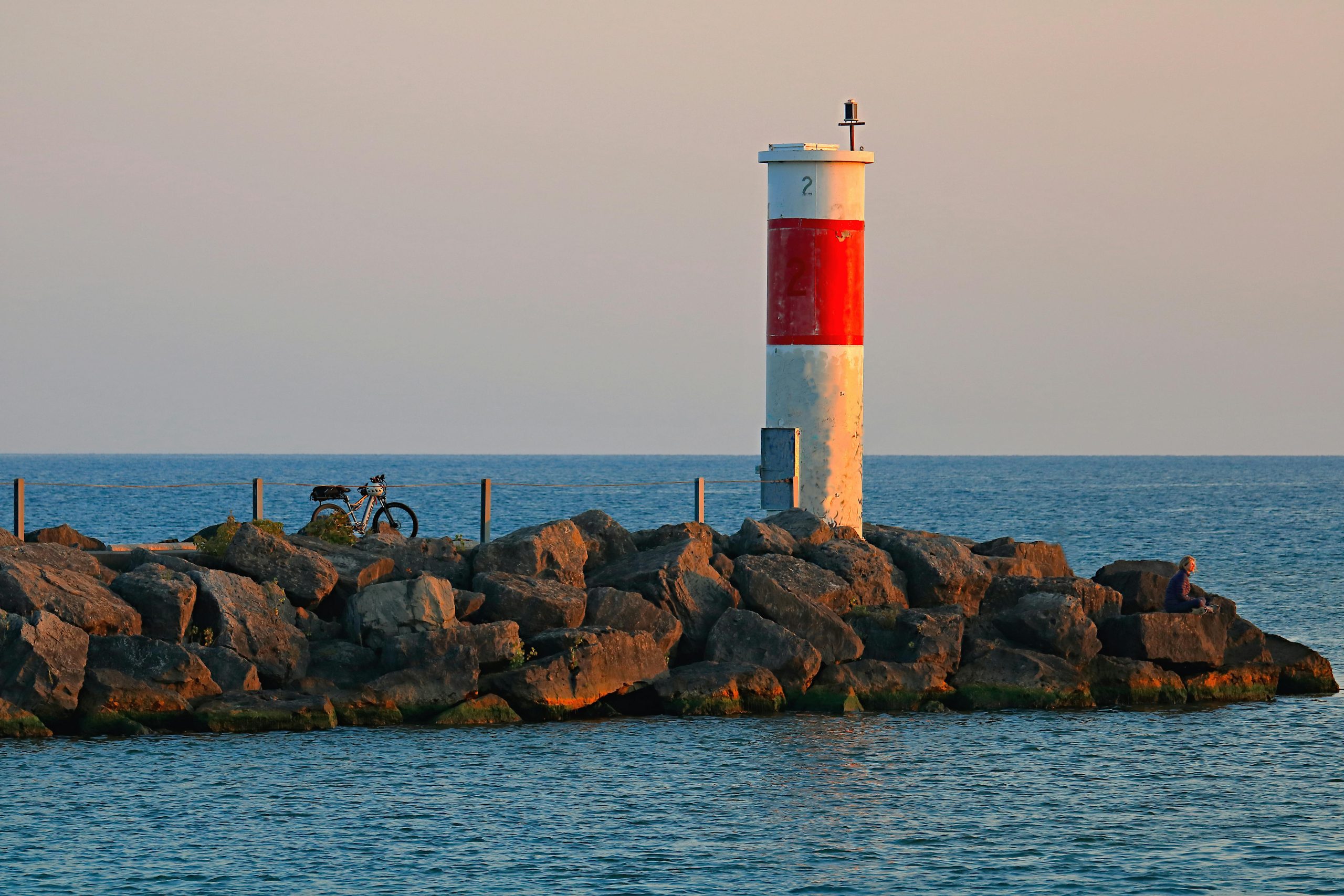Rethinking Learning Loss: Is It Really Just an Illusion?
The debate surrounding “learning loss,” particularly during school breaks, has garnered considerable attention in recent years. Recently, I penned an article discussing this phenomenon, which led me to a compelling realization: may the perceived drop in knowledge retention simply reflect students forgetting material they would otherwise overlook after graduation?
Research indicates that knowledge retention can decline to approximately 50% within three years of schooling. Therefore, the effects commonly attributed to the “summer slide” and the disruptions caused by pandemic-related school closures may not be as detrimental as they seem. Instead of interpreting these drops in test scores as failures, it might be more accurate to see them as a clearer reflection of what students truly remember—an assessment that aligns more closely with the educational outcomes we desire post-graduation.
Moreover, the trend towards shorter courses can hinder students’ ability to master subjects in depth. While depth of understanding is crucial for long-term retention, it’s important to acknowledge that if students lack a genuine interest in a subject, diving deep can be challenging. Interestingly, informal and unstructured learning opportunities often found during summer enrichment programs may provide the very environment in which students can engage more meaningfully with material they enjoy.
With this in mind, one could argue for even longer summer breaks. Rather than cutting educational programs, funds could be redirected to subsidize optional learning activities and childcare during these extended breaks. This approach could foster a love for learning that translates into better retention and understanding after students return to formal education.
What do you think? Are we overlooking a more effective solution to learning retention during summer breaks?

Your perspective on “learning loss” during breaks is a compelling one, and many educators and researchers are indeed re-evaluating traditional assumptions about retention and knowledge acquisition. Here are some nuanced thoughts that may enhance your understanding of this topic and provide practical advice for educators and parents alike.
A New Perspective on Learning Loss
The notion that “learning loss” is an illusion aligns with current research suggesting that much of what we perceive as retained knowledge gradually fades over time. Studies indicate that spaced repetition and retrieval practice play crucial roles in long-term retention. If students are ceasing formal schooling for an extended break, they may not be engaging in retention strategies, which makes the stagnation of learning seem more pronounced.
However, the periods of informal learning during breaks—especially if they are enriched—can be equally beneficial. For instance, participating in summer camps, community service, or even family trips can offer experiential learning opportunities that may be more meaningful than traditional classroom environments for certain students. This informal learning can cultivate a love for learning, which can be more beneficial in the long run than rote knowledge retention.
The Importance of Contextual Learning
Your discussion about depth of knowledge is particularly relevant. Depth of understanding often comes from context—learning that resonates with students’ interests or real-world experiences. When students explore topics they are passionate about, they’re more likely to engage deeply with the content. Therefore, encouraging students to pursue projects or interests during breaks can lead to substantial learning that may not be captured in standardized assessments.
Integrating structured project-based learning during breaks can also create pathways for students to apply what they learned academically in meaningful ways. Schools or community organizations could facilitate programs where students can work on projects that interest them.
Emphasizing Lifelong Learning
You mentioned that post-graduation retention is a significant educational goal. Encouraging a mindset of lifelong learning during breaks can be fundamental to achieving this. Here are a few suggestions:
Encourage Curiosity-Driven Learning: Families could create environments where learning is pursued out of curiosity rather than obligation. This might involve visits to museums, science fairs, art classes, or nature explorations.
Foster Social Learning Environments: Learning in social settings can enhance motivation. Forming study groups or book clubs in informal settings can help students learn concepts from peers.
Use Technology Wisely: In the age of digital resources, platforms such as Khan Academy or educational YouTube channels can provide flexible, engaging learning opportunities. Parents can encourage students to choose topics of interest and explore them through these platforms.
Balance Structure and Freedom: While unstructured play and exploration are crucial, some scheduled educational activities (such as workshops or classes that cater to students’ interests) can help maintain engagement with learning over breaks.
Rethinking Educational Structures
Advocating for longer breaks with an investment in enrichment opportunities challenges conventional education models. This debate invites us to reconsider the length and format of the academic year. Policymakers and educators should explore year-round schooling with shorter breaks interspersed throughout the year. This model has been shown in some studies to provide a more balanced learning experience, minimize burnout, and promote consistent engagement with learning.
In summary, while some aspects of “learning loss” hold merit, your insights highlight that the learning journey is complex. Frameworks around assessment, retention, and learning strategies should be revisited with an emphasis on depth, interests, and real-world connections. By fostering an environment where learning is intrinsically motivated and meaningful, we can cultivate an educational ecosystem that truly prepares students for lifelong success.